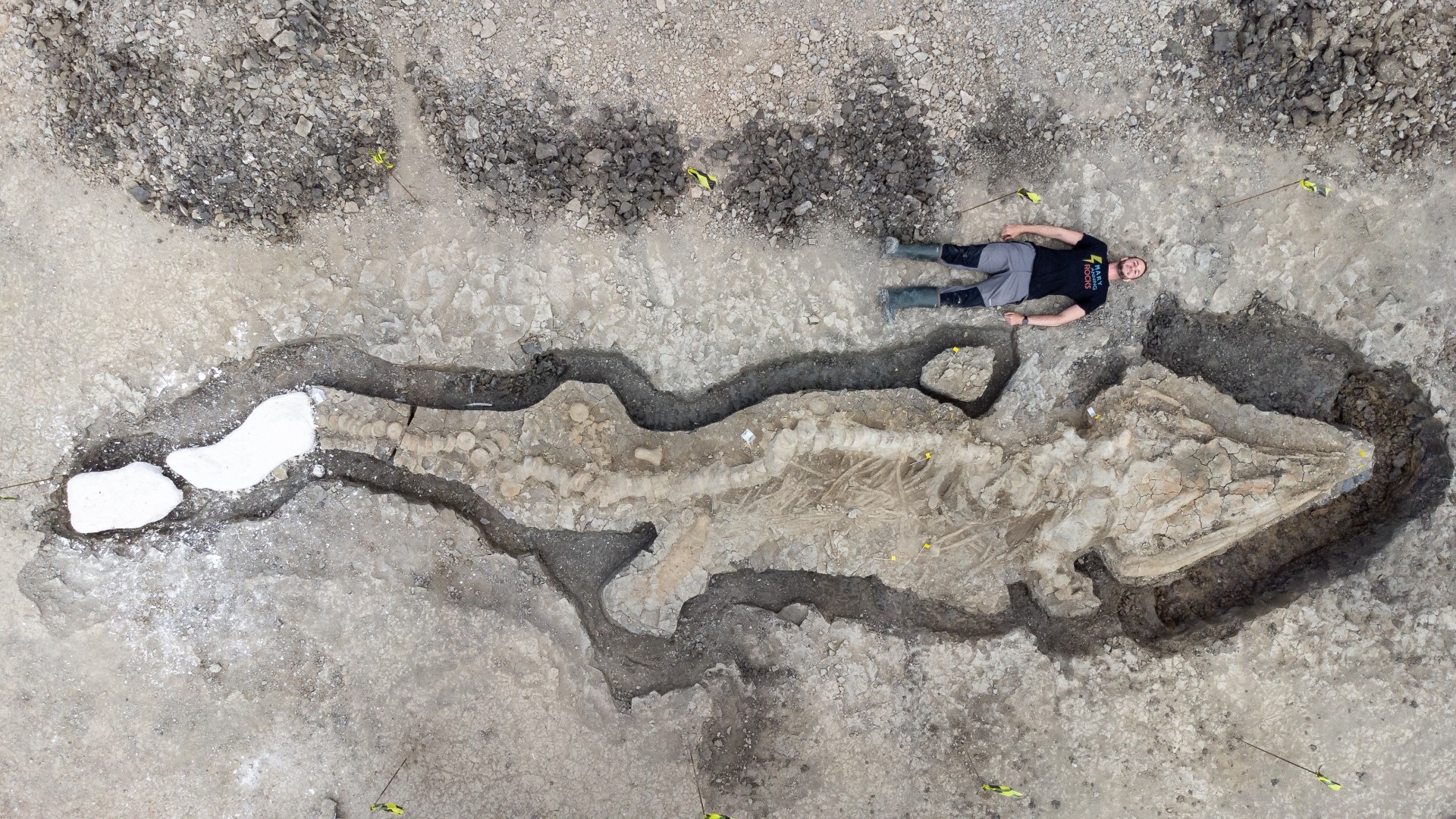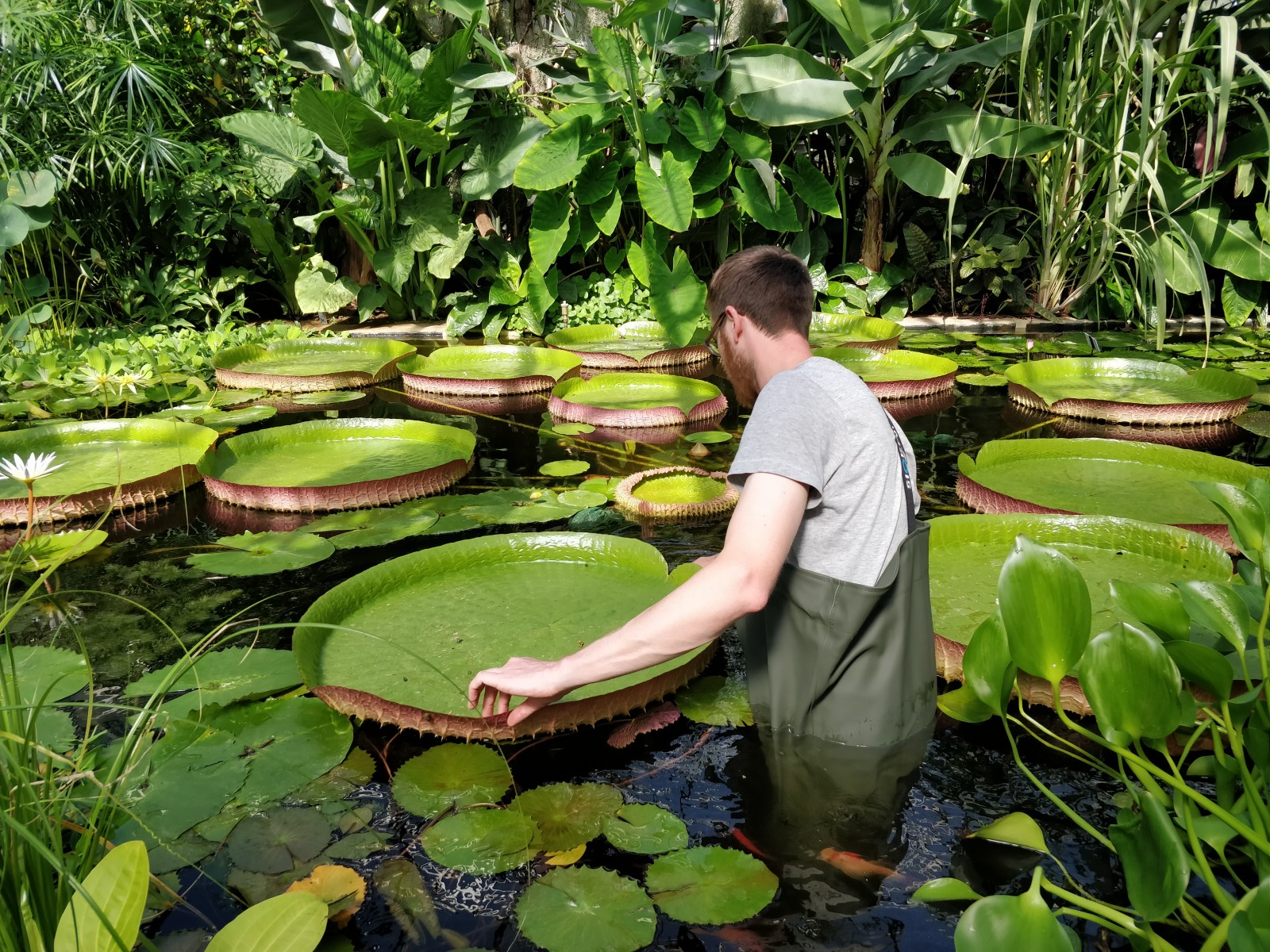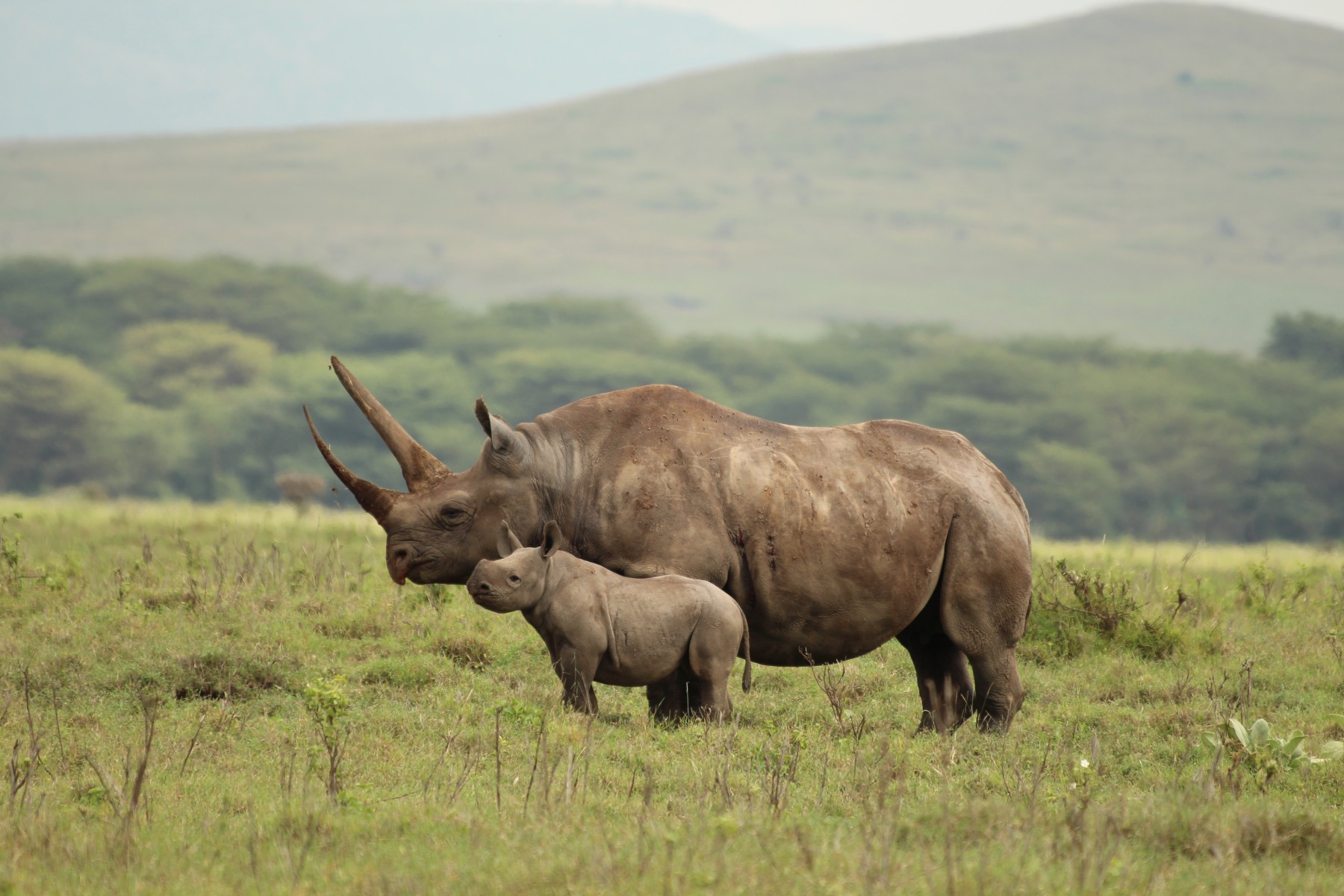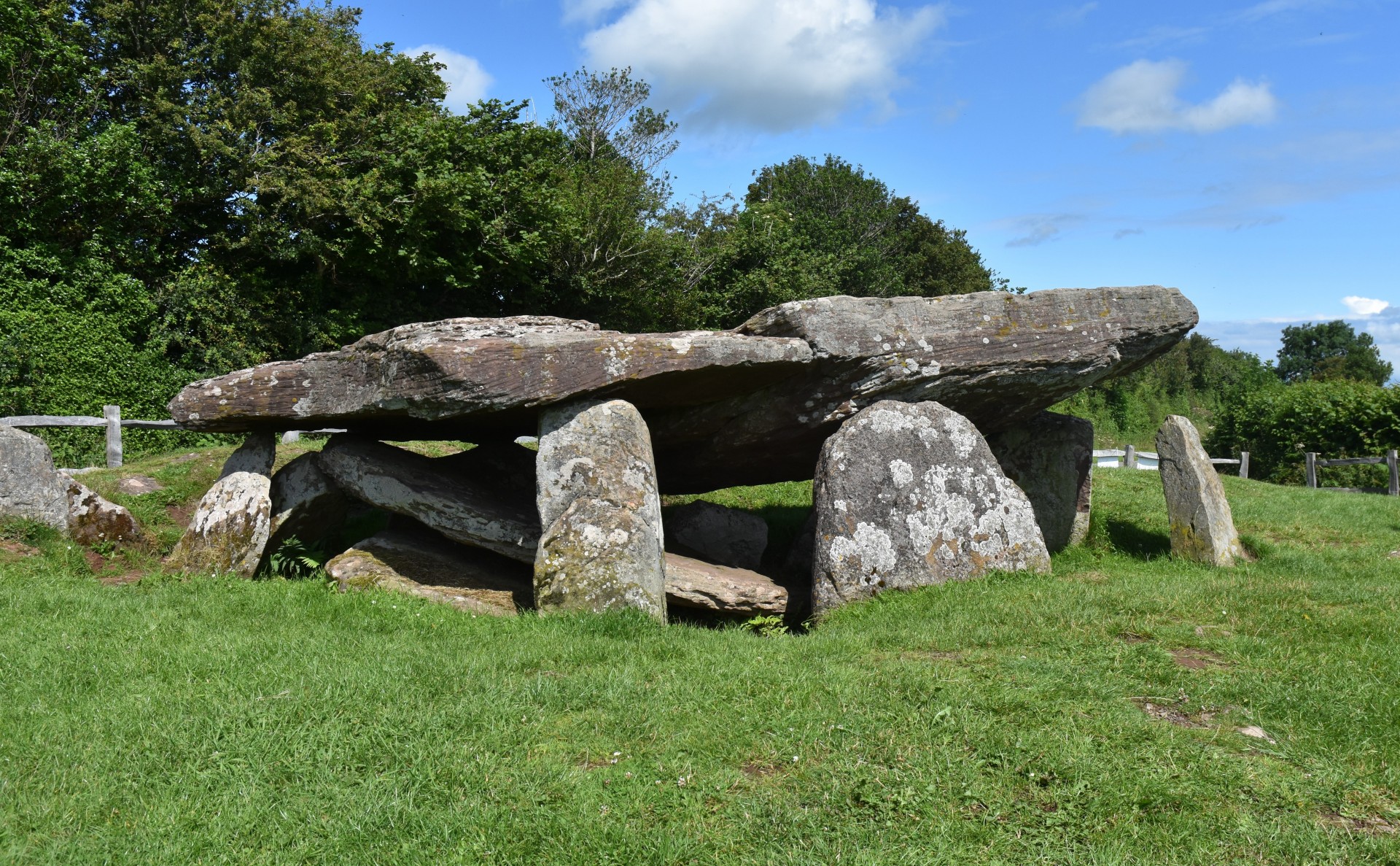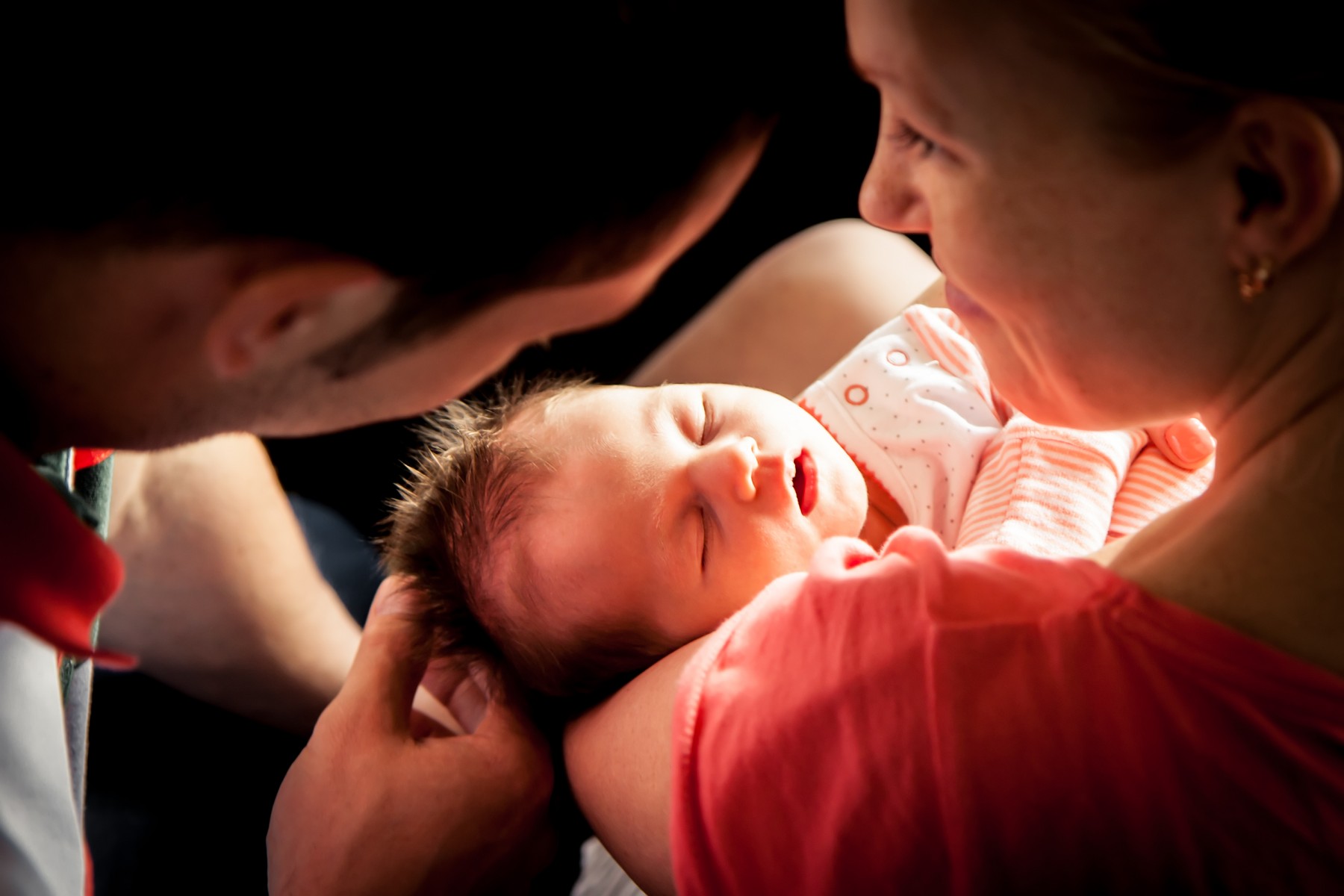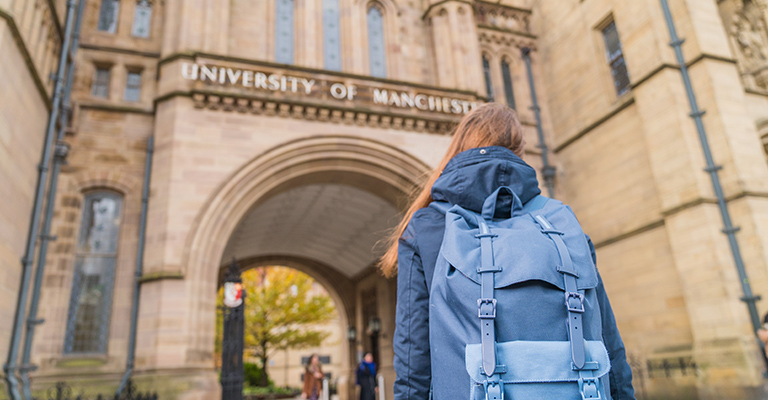The 2022 Review of the Year
As we round the corner in to the home stretch of the year this retrospective look at the previous 12 months shows just a glimpse of some of the amazing work which goes on throughout the University. In a year where we’ve returned to working in person with our colleagues, students and the wider community there has also been significant global challenges faced by everyone. At The University of Manchester we have a lot of good things to celebrate too and so here is The Review of Year 2022.
January: A new year and a Jurassic giant
2022 started with a colossal story as researchers found Britain’s largest ever marine reptile in Rutland. The ‘Sea Dragon’ was the biggest and first of its kind ever to be discovered in Britain! January also saw the continuing work of our academics to highlight the devastating plight of microplastics in UK rivers. In health news our scientists also revealed that, in England, northerners are 13.5% more likely to suffer with hearing loss compared to those living in the south. To round off the first month of the New Year novel graphene research continued to amaze as scientists recreated a cosmic event upon a table top thanks to the unique properties of 2D materials. 2022 was officially up and running!
February: From Manchester to the Amazon
The giant floating leaves of the Amazonian water lilies were found to rely on their engineering skills to survive and thrive. Manchester scientists helped solve the structural enigma of the Lili pads, which can grow up to 3 metres in diameter. Turning our attention to space, a unique collaboration demonstrated how electrolysis could help create oxygen from water by conducting experiments aboard a zero-g flight.
Have you ever forgotten a face? In February, research showed that while some people are ‘super-recognisers’ others suffer from ‘face-blindness’ which can impact on social interactions with those around them. A new report also highlighted that more needed to be done in the UK to combat the negative effects of loneliness which can impact on our health. February also saw The University of Manchester named the most targeted university by the UK’s top 100 graduate employers, according to The Graduate Market in 2022
March: A month of medical breakthroughs
Continuing in to March researchers at the University announced step forward in several areas of medical research. A novel method for treating brain haemorrhages to reduce disability risks and increase survival was announced, as was a breakthrough in identifying proteins which could revolutionise the way rheumatic heart disease is treated across the world. Elsewhere, collaborative research highlighted the best statins to prescribe to prevent cardiovascular disease in people with diabetes.
March also saw the sad escalation of conflict in Russia’s war on Ukraine. As the world’s gaze fell upon Ukraine staff from the University’s International Programmes Office (IPO) worked to help students return to the UK. One of our own courageous colleagues also cycled 1400km around the Netherlands to raise funds for UK-Med’s Ukraine appeal.
April: The environment in focus
In April the University announced the end of investments in coal, oil and gas, as part of the policy for socially responsible investment. In the same breath the University was also named one of the world’s leading universities for action on sustainable development. By retaining the top spot Manchester is the only institution in Europe to be consistently named in the top 10 globally for action taken towards the United Nations (UN) Sustainable Development Goals (SDGs) since the rankings began.
Meanwhile our data research with conservation scientists put the plight facing the critically endangered Kenyan black rhino in a sharper focus. At the same time the University announced a new centre for robotics and AI, while an existing robot named Lyra was helping to improve the safety and efficiency of decommissioning a nuclear reactor.
May: Manchester is a research powerhouse
This year’s Research Excellence Framework (REF) results announced in May confirmed The University of Manchester as a research powerhouse. The university retained fifth place with 93% of research being assessed as ‘world-leading’ or ‘internationally excellent’.
We also had a flurry of award winning students across a range of activities. Chantal Bright won a Making A Difference award for addressing poverty in Liberia, PhD student Cameron Biles-Liddell was honoured by the Welsh Music Guild, while a fellow music student, Murrogh Connolly, was invited to perform a world-premiere at Killaloe Music Festival.
In research news, astronomers found an unusual spinning star, a step towards a treatment for the most common blindness was made and the University joined forces with other Greater Manchester institutions to launch the Energy Innovation Authority to facilitate the transition to Net Zero.
June: Engaging through science:
In June the annual Great Science Share event saw over 275,000 school pupils participate in climate action and contribute to a more sustainable way of living. Jodrell Bank’s newest attraction, the First Light Pavilion also opened its doors to the public to see a new permanent exhibition at the UNESCO world heritage site. The University also created new fully-funded scholarships for students fleeing conflict and persecution.
Manchester academics were also named among the Top 50 Women in Engineering due to their stellar impact in the field. Sticking with engineering, we saw the first successful flight of a drone using sustainable fuel, meanwhile a Policy@Manchester publication claimed that a modern space race needs to be built on sustainability.
July: A lost tomb, colliding particles and graduation
The end of the previous academic year saw two weeks of graduation celebrations as students who completed their courses join our community of more than 500,000 alumni – one of the largest of any university in the world. One student, Jesy Luyengi, was also recognised for his extraordinary drive at The House of Lords. It was also the graduation of the incredibly inspiring Laura Nuttall, a student with a terminal condition who showed incredible strength and triumphed over adversity by graduating from her degree.
Archaeologists also made headlines as they began the excavation of a 5,000 year old tomb in Herefordshire linked to King Arthur. Meanwhile physicists were hard at work in CERN as the Large Hadron Collider was back up and running after three years of upgrades and maintenance.
August: Revealing UK data and the philosopher’s stone
A collaborative study published in the summer found that some healthcare professionals may be unconsciously assigning lower clinical priority to patients from poorer areas compared to patients who live in more affluent areas. Whereas a look at existing UK birth data showed in 2021, more babies – 51% – were born to unmarried mothers in England and Wales than to those in a marriage or civil partnership for the first time since records began in 1845.
Meanwhile graphene scientists announced that graphene could be a scientific philosopher’s stone by demonstrating gold extraction from waste products. While one of our resident dinosaurs, April the Tenontosaurus, shocked researchers who found evidence of stomach stones inside the specimen which was originally acquired by the University in 1999.
September: A new monarch
September saw King Charles III take to the throne as the historic reign of Queen Elizabeth II come to an end. The Queen presented the University with its Royal Charter in 2004.
One of our biggest research stories of the year saw the trial development of a new 3-minute swab test to diagnose Parkinson's Disease, with the help of ‘super-smeller’ Joy Milne. Joy's unique talent allows her to distinguish Parkinson's Disease in people before symptoms occur, a rare talent being harnessed by researchers.
Footprints found on a beach in Merseyside caught attention elsewhere, as they were found to belong to ancient animals and humans helping to chart a decline in animal diversity in ancient Britain.
October: A new Chancellor
October began with our annual Foundation Day celebrations to mark the coming together of the Victoria University of Manchester and The University of Manchester Institute of Science and Technology (UMIST) in 2004. This year also saw Nazir Afzal installed as the University’s new Chancellor taking over from Lemn Sissay.
As part of Black History Month Professor of Public History, David Olusoga OBE, delivered his outstanding lecture for school children across the country. A new community collaboration was also established to build community research and improve the wellbeing of Black LGBT+ people.
A landmark Ukrainian student conference also took place in Manchester in October It was the first time Ukrainian students from across 19 HEIs in the UK had been able to come together in one place.
November: A month of partnerships and investment
The year leading up to November 2021 saw an impressive 10 spin-out companies created at the University producing cutting-edge technology and services which will benefit societies around the world. A ministerial visit to campus also saw £95m invested in the Henry Royce Institute to enable further advanced materials research. The alliance between the Universities of Manchester, Melbourne and Toronto (MMT) also celebrated its first year of research and teaching partnership.
As the effects of the ongoing cost of living crisis took hold and people across the world were feeling the pinch of increasing costs the University set the standard by making payments totalling £9m to students to provide financial assistance.
December: ‘Tis the season for awards
The intrepid robot named ‘Lyra’ who takes on inspection work of hazardous environments won the prestigious ‘Best Invention 2022’ by Time Magazine for its ground-breaking work. The University of also bagged a prestigious openness award for its pioneering work on communicating animal research to the public.
On top of that National Grid and The University were named ‘Best Innovation in Net Zero and Sustainability’ for their commitment to developing a solution to replace a commonly used greenhouse gas used in the power industry.
And finally an unusual winter football World Cup unfortunately didn’t see football come home but did prompt a lot of geopolitical discussion across the globe – so who won the prize for ‘soft power’?
Here’s to 2023!
So that’s a wrap! Another exceptional and extraordinary year at The University of Manchester that really could not have been achieved without our exceptional staff and students. Thanks to everyone in our community who has contributed to this impressive list of achievements throughout another stellar year. Have a Merry Christmas and Happy New Year.



